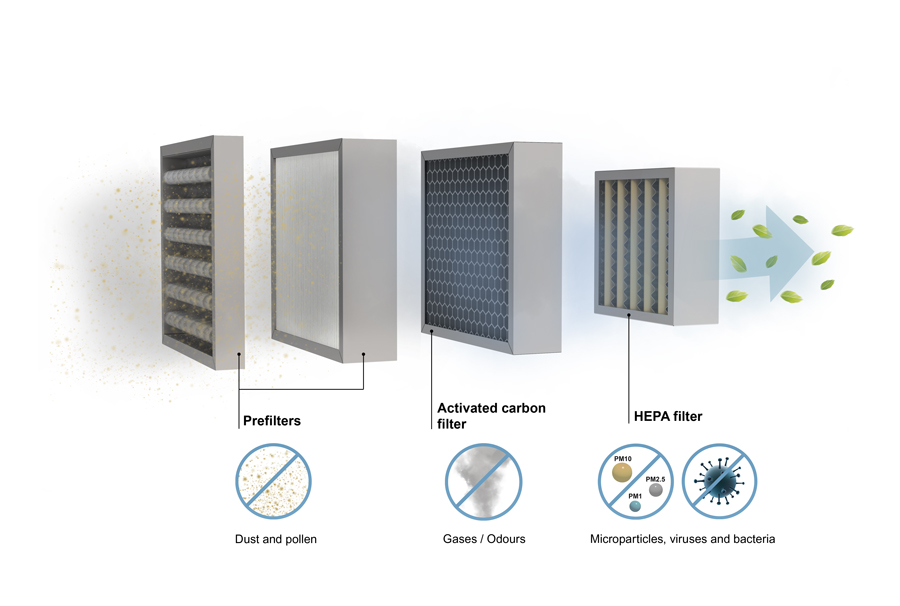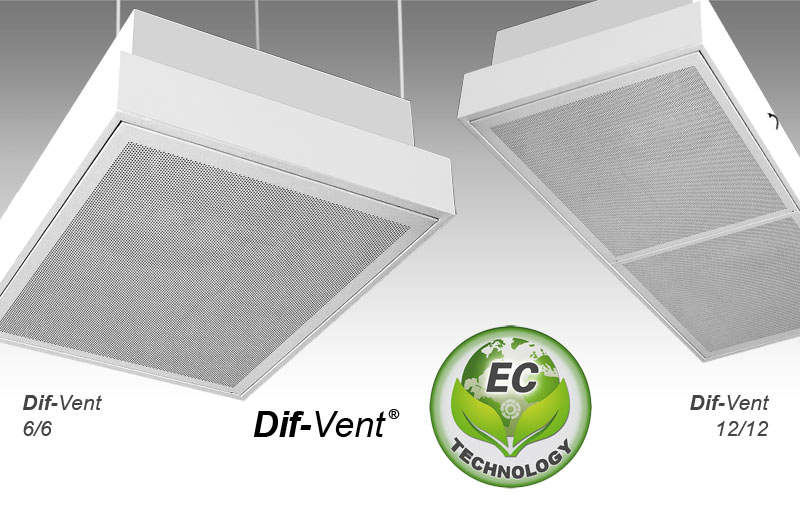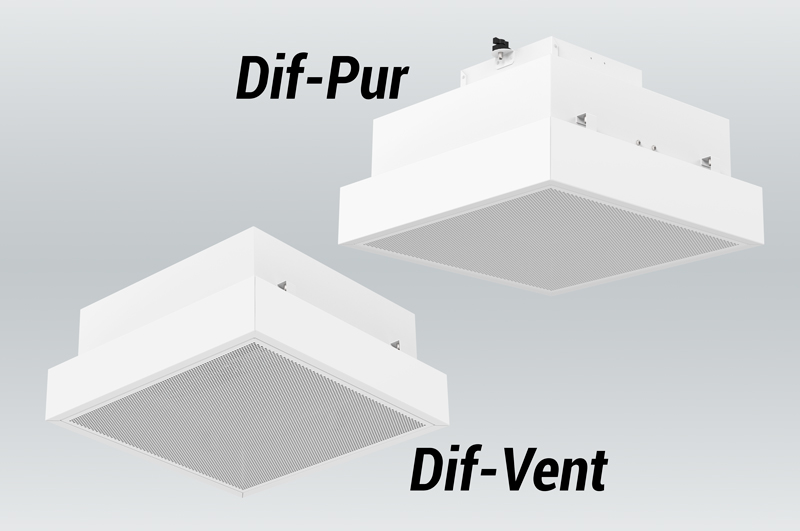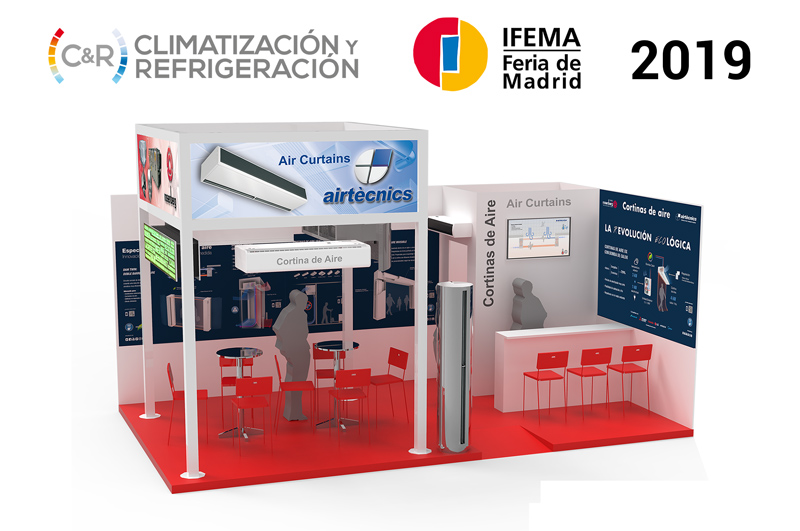What are HEPA filters and how do they work?
HEPA filters are a system for retaining volatile particles present in the air, generally made of fibreglass. These randomly arranged fibres are extremely fine and form a mesh-like lattice that retains contaminating compounds.
 HEPA stands for "High Efficiency Particle Arrester" and is also known as absolute filters. They were developed in 1950 by the Cambridge Filter Company and were exclusively intended for the military industry to combat pollutants from atomic bomb manufacture.
HEPA stands for "High Efficiency Particle Arrester" and is also known as absolute filters. They were developed in 1950 by the Cambridge Filter Company and were exclusively intended for the military industry to combat pollutants from atomic bomb manufacture.
Today, HEPA filters are adapted to all fields: food industry, electronics, pharmaceuticals, chemicals... In medicine for surgery rooms. Inplanes to renovate the air. Even in the home. In general, anywhere where a higher air purity is required. These absolute filters are effective in keeping the air free of dust, pollen, mites, viruses, bacteria and fine particles measuring less than 0.01 millimetre.
| HEPA filters clasification | Type | Retention efficiency |
|---|---|---|
| EPA: Efficiency Particle Arrester | E10 | ≥85% |
E11 | ≥95% | |
E12 | ≥99.5% | |
| HEPA: High Efficiency Particle Arrester | H13 | ≥99.95% |
H14 | ≥99.995% | |
| ULPA: Ultra Low Penetration Air | U15 | ≥99.999 5% |
U16 | ≥99.999 95 % | |
U17 | ≥99.999 995% |
How HEPA filters work
Although the diameter of the fibres is between 0.5 and 2 microns, the randomly arranged meshes retain smaller particles in three ways: particles adhere to the mesh by rubbing against the fibre as the air carrying them passes through; larger particles directly collide with the fibres; and finally, diffusion, related to the random movement of particles in a fluid (Brownian motion) which facilitates their adhesion.

How is particle incidence known?
In order to determine the incidence of particles and the classification of filters according to their retention capacity, MPPS (Most Penetrating Particle Size) particle counting processes are carried out.
The size of these particles is less than one thousandth of a millimetre, i.e. more than 50 times smaller than the diameter of a human hair.
The professionals at Airtècnics will be able to give you advice on which product of the wide range of filtration units and filters best fits to cover all the hygiene needs that your installations require.







